On the 1st – 4th of March 2012, the Kuyu Project in partnership with the Xavier Project organized a digital literacy camp in Nsambya, Kampala, Uganda. It trained approximately 70 Congolese Refugees on how to use social media and other digital tools to tell their stories and achieve their objectives.
The Kuyu Project is a digital literacy initiative to teach African youth how to fully utilize social media and other digital tools to share their stories and to achieve their goals and objectives.
Here is a detailed report on the digital camp at the Kuyu blog. Some Excerpts:
For many people who have not yet had access to technology, it is to them, a blind spot. It is unknown, unappreciated and perhaps, a little disagreeable. What we did for the people at Nsambya, by first making them find out what they believe in and guiding their beliefs by informing them that what they desire for themselves is achievable by use of social media, was indirectly, linking their core beliefs to the blind-spot in question, tech, so as to make it more agreeable to them.
To see the photos of the workshops click here and below is a video of the digital camp:
Interview:
Eduardo Avila of Rising Voices recently talked with Simeon Oriko, Founder and Executive Director of the Kuyu project about the event. Here is a shorter version of the conversation:
EA: Could you speak about the different workshops with the youth and with the adults? Why were they separate workshops? Do they have different goals?
SO: We decided to split the workshops into two primarily because of the way we structure workshops. One key element for our digital camps is the individuals’ primary objective/goal. We use this as the basis for providing an understanding of social media and its applicability in achieving them.
Personal goals/objectives/ambitions greatly differ between age groups as the social media skills necessary to effect them. The overarching theme of the workshop may be similar but given other factors such as literacy levels and general exposure to technology, there’s a need to categorize the target audience.
EA: Any specific anecdote that you could provide about some of the discoveries made by the youth? Any core beliefs come out a little more clearly as a result of the training?
SO: One thing we teach in our digital camps is the value of technology, the opportunity that accords to them and a framework for understanding social media and other digital tools. This mindset has led a number of participants in our digital camps to believe in the creation process as opposed to consumption. By creating, they are in essence shaping their realities and potentially those of others in a way that’s relevant and meaningful – and that’s a powerful belief in my view.
EA: And for more logistical matters: how do you ensure that the youth and adults continue on after the training is over?
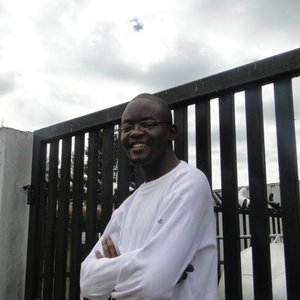
Simeon Oriko
SO: We try as much as possible to follow up with the participants of each of the digital camps we run. We try and partner with local groups and institutions to build on the work we began.
We also encourage the participants to keep going online and using social media and other digital tools as this is the only way to build confidence in using these tools.
Another thing we focus on is mentorship and we’re working to do this virtually through the major social media platforms. We normally encourage the participants of a camp to friend us on Facebook or follow us on Twitter and we keep tabs on each other helping where we can along the way. This model has proven successful for the most part. We’re now aggregating our lessons learned so that we can formalize this process.
EA: How does the Kuyu Project establish these partnerships (i.e. the Xavier Project)?
SO: To be honest, we get a lot of emails and tweets with requests to replicate what we’ve done in other areas. We receive these requests from civil society, govt. as well as ordinary people who identify with our mission. Most of our partnerships stem off these requests.
One of the reasons why we’re sought after is our approach. I mentioned it above. Rather than teach about the tools themselves, we give the students a framework for understanding them. The support we offer beyond camps in the form of virtual mentorship and local capacity building is something our previous partners have counted as a value add.
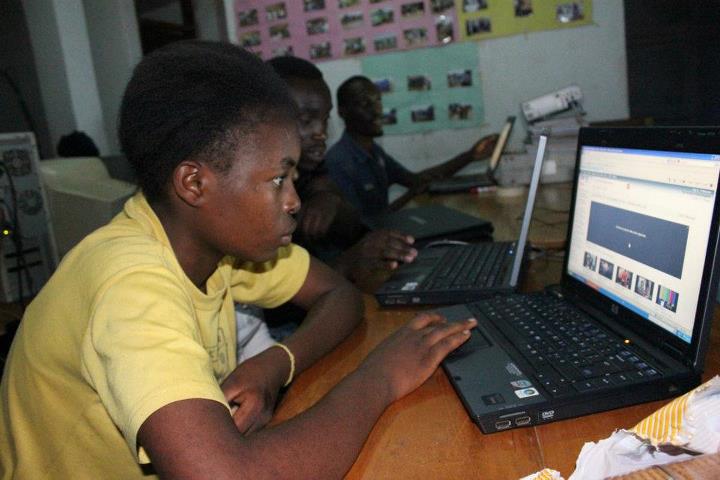
Xavier Project Digital Camp by the Kuyu Project
EA: What do you think are the most important qualities for a trainer or workshop leader in regards to leading beginners in the use of citizen media?
SO: The ability to inspire coupled with a humble nature that allows patience – a critical thing needed when dealing with beginners. I think these are important because a great amount of work involves building confidence using the web and that in itself comes with challenges such as fear, low literacy levels and the related likes.
EA: Anything else you'd like to add about your experience of teaching others?
SO: Yes. We’ve realized internally that we can’t visit every kid in every school and teach them in person.
This has led us to build a toolkit that will be freely available via the web and hopefully on mobile.
You can follow the project on its Twitter and Facebook accounts.

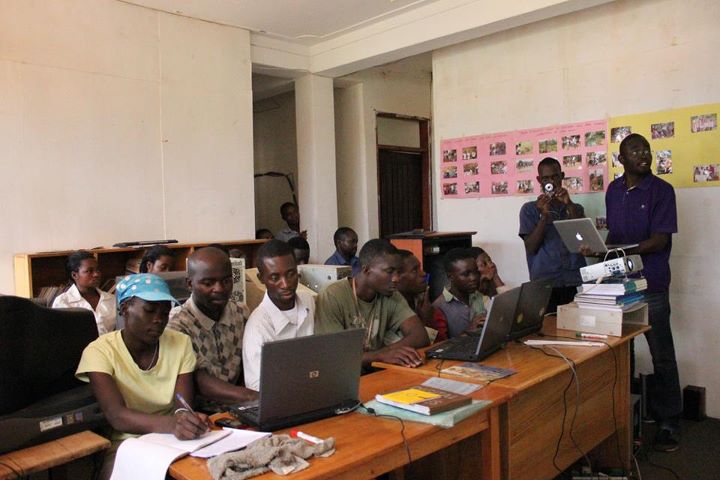
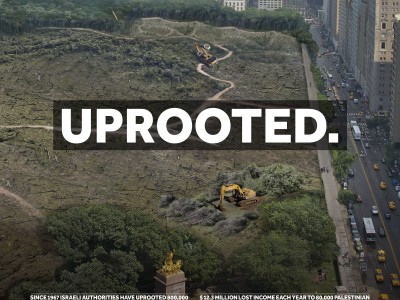

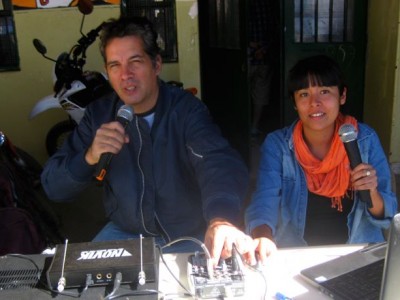
2 comments
this is a fantastic idea. i wish it would spread further to the coast of kenya where i am a teacher. i am also interested in it as am currently doing my masters degree in literature and researching on the use of modern technology as a means through which the oral literature of our people can reach out to society.